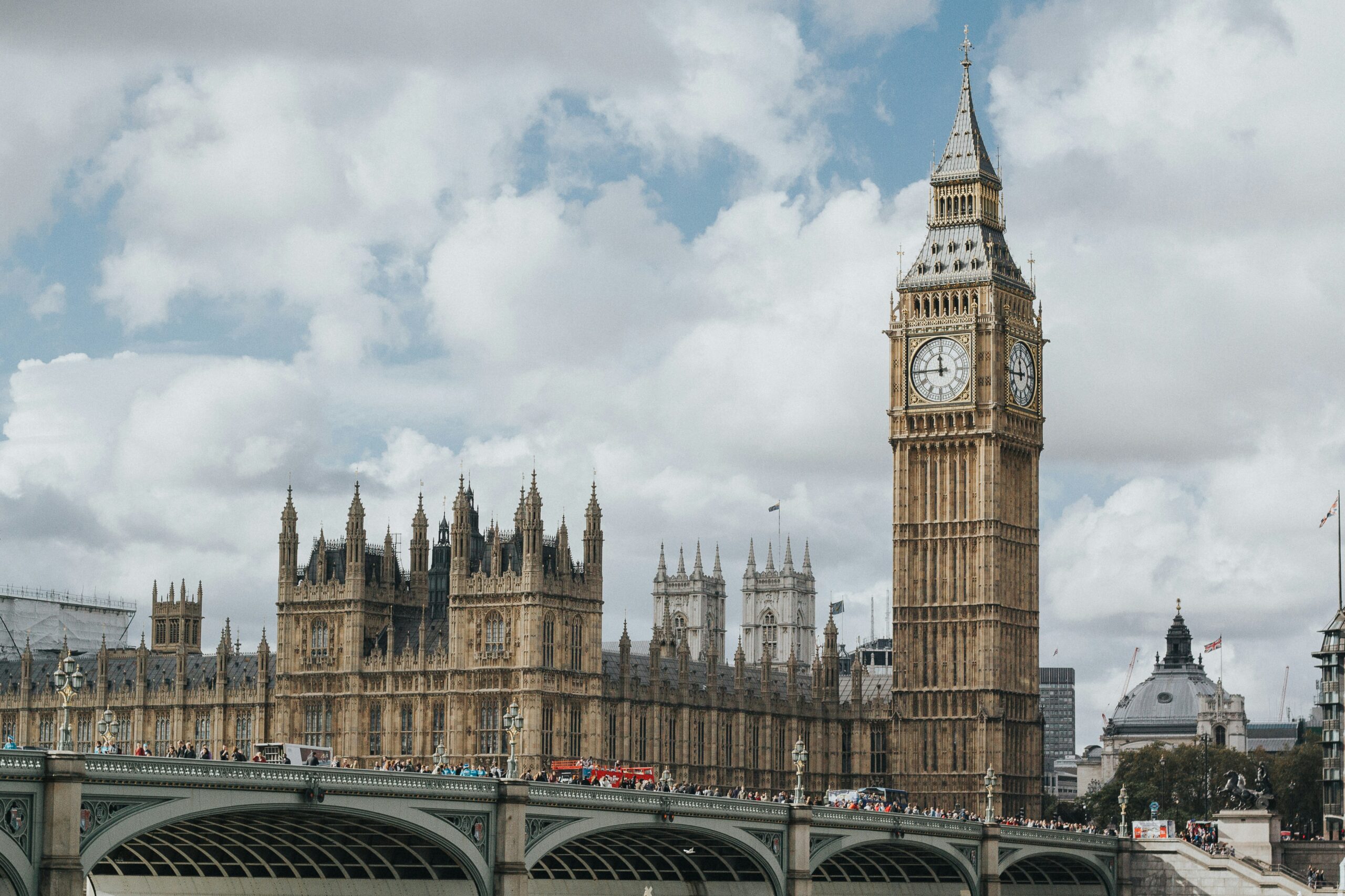A sharp acceleration in the cost of air travel and persistent rises in food prices pushed U.K. inflation to its highest level in 18 months in July, presenting a new challenge for policymakers grappling with a sluggish economy.
According to data released by the Office for National Statistics (ONS) on Wednesday, the Consumer Prices Index (CPI) rose to 3.8% in the year to July, up from 3.6% in June and exceeding the 3.7% forecast by most economists. The latest figures show that a “steep jump” in airfares was the largest contributor to the overall increase, alongside a fourth consecutive monthly rise in food inflation.
The report indicates that the average cost of air tickets soared by 30.2% between June and July, the largest monthly increase since the ONS began tracking this data in 2001. This seasonal surge is largely attributed to the start of the school summer holidays, reflecting strong consumer demand for travel despite the higher prices. The annual increase for airfares was 15.5% in July, a significant jump from a modest 0.5% in June.
Food and non-alcoholic beverages were also a major factor, with prices increasing by 4.9% on an annual basis. The ONS highlighted that while inflation had eased for some items like cheese and pasta, it accelerated for a range of household staples. The cost of coffee was up 18.0% year-on-year, while tea was up 4.9%, and whole milk saw an 11.3% increase. The persistent rise in food costs, which have continued to climb for four consecutive months, adds to the financial strain on households already squeezed by the broader cost-of-living crisis.
The new inflation data comes just two weeks after the Bank of England controversially cut its main interest rate by a quarter of a percentage point. The decision, which lowered the rate to 4%, was met with resistance from some policymakers concerned about lingering inflationary pressures. The higher-than-expected July figures now cast a shadow over the central bank’s ability to provide further support to the economy through lower borrowing costs.
“July’s outturn probably extinguishes hope of a September interest rate cut,” said Suren Thiru, economics director at the chartered accountants institute ICAEW, adding that “strengthening underlying inflationary pressures calls into question whether policymakers will be able to relax policy again this year.”
The ONS also noted that while the overall inflation rate rose, so did core inflation, which excludes volatile food and energy prices. Core CPI increased to 3.8% in the year to July, primarily driven by a sharp acceleration in services inflation. This suggests that the price pressures are not confined to just a few volatile categories but are becoming more deeply embedded in the economy.
The latest inflation report is another challenge for the government, which came into power with a pledge to ease the cost-of-living crisis. Treasury chief Rachel Reeves acknowledged that there was “more to do to ease” the financial pressures on consumers.
The Bank of England has forecast that inflation will likely rise further, potentially peaking at around 4% in September, before it begins a gradual decline. However, with the July data showing price growth already at levels not seen since early 2024, the path to the central bank’s 2% target appears more uncertain and fraught with new complications.


